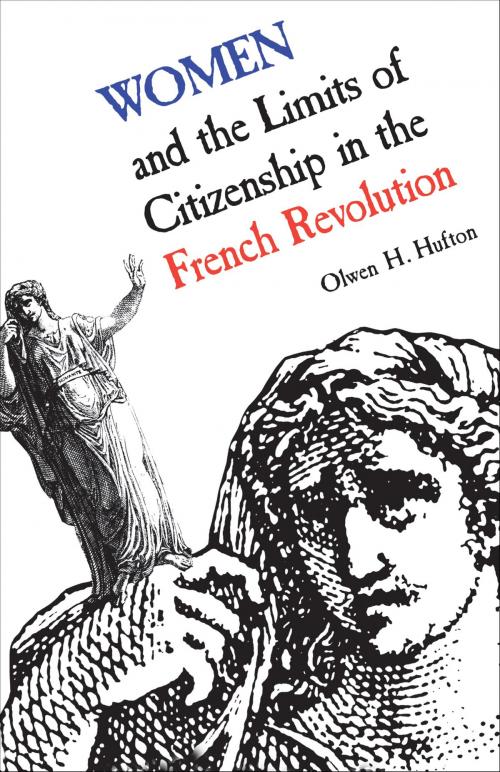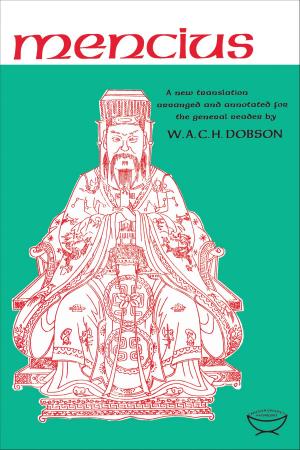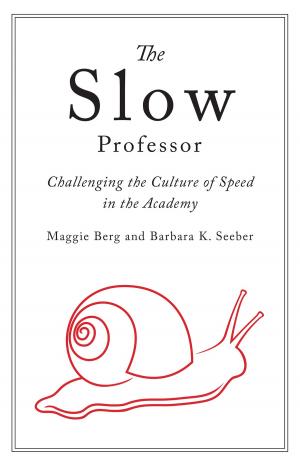Women and the Limits of Citizenship in the French Revolution
Nonfiction, History, France, Social & Cultural Studies, Political Science| Author: | Olwen Hufton | ISBN: | 9781442638587 |
| Publisher: | University of Toronto Press, Scholarly Publishing Division | Publication: | April 14, 1999 |
| Imprint: | Language: | English |
| Author: | Olwen Hufton |
| ISBN: | 9781442638587 |
| Publisher: | University of Toronto Press, Scholarly Publishing Division |
| Publication: | April 14, 1999 |
| Imprint: | |
| Language: | English |
The French masses overwhelmingly supported the Revolution in 1789. Economic hardship, hunger, and debt combined to put them solidly behind the leaders. But between the people's expectations and the politicians' interpretation of what was needed to construct a new state lay a vast chasm. Olwen H. Hufton explores the responses of two groups of working women – those in rural areas and those in Paris – to the revolution's aftermath.
Women were denied citizenship in the new state, but they were not apolitical. In Paris, collective female activity promoted a controlled economy as women struggled to secure an adequate supply of bread at a reasonable price. Rural women engaged in collective confrontation to undermine government religious policy which was destroying the networks of traditional Catholic charity.
Hufton examines the motivations of these two groups, the strategies they used to advance their respective causes, and the bitter misogyinistic legacy of the republican tradition which persisted into the twentieth century.
The French masses overwhelmingly supported the Revolution in 1789. Economic hardship, hunger, and debt combined to put them solidly behind the leaders. But between the people's expectations and the politicians' interpretation of what was needed to construct a new state lay a vast chasm. Olwen H. Hufton explores the responses of two groups of working women – those in rural areas and those in Paris – to the revolution's aftermath.
Women were denied citizenship in the new state, but they were not apolitical. In Paris, collective female activity promoted a controlled economy as women struggled to secure an adequate supply of bread at a reasonable price. Rural women engaged in collective confrontation to undermine government religious policy which was destroying the networks of traditional Catholic charity.
Hufton examines the motivations of these two groups, the strategies they used to advance their respective causes, and the bitter misogyinistic legacy of the republican tradition which persisted into the twentieth century.















